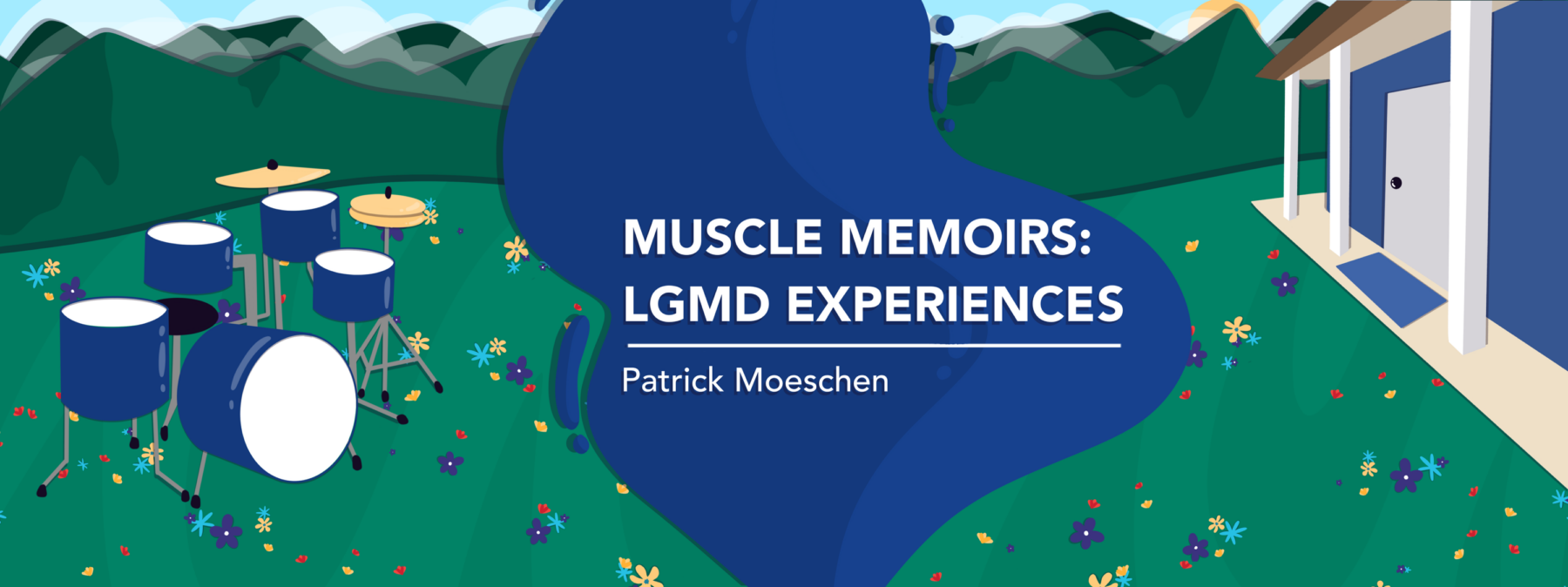What risk vs. reward looks like in the patient world
We all have different tolerance levels for how much risk we'll accept

The reward is that the chocolate cake tastes delicious and leaves you with a nice feeling. The risk is that you just spiked your sugar intake and may gain a few calories that take time and effort to burn off.
The risk is that you may get injured, but the reward is an unbelievable rush of adrenaline when you parachute out of a perfectly good airplane by choice — if that’s your thing, of course.
All of us weigh risk and reward on a daily basis and throughout our lives. And we each have different tolerance levels for how much risk we’ll accept versus how much the reward is worth.
Think for a moment about your own worldview: Are you a risk taker by nature? Do you choose to live based on the belief that greater risk equals a bigger reward, or are you more conservative in your choices?
What if the risk vs. reward choice focused on your medical care or treatment options? How do you weigh risk vs. reward if your life is at stake, and how do you weigh your own morals, ethics, and quality of life with respect to the path you choose?
People living with chronic illness face difficult choices like these throughout our lives. As science and research have progressed in the past few decades, the risk versus benefit debate often becomes a large part of the decision to pursue a treatment. Allow me to share a couple of personal stories.
The first life-altering medical choice I had to make came when I was about 18 years old and the use of steroids was a new treatment option for those of us with muscular dystrophy. The reward was presented to me as prolonged muscle and lung strength, as well as an ability to walk longer distances without fatigue. The risk was weight gain, mood swings, and a swollen face, as well as the fact that at the time, there was no long-term research into the effects of corticosteroids on the body.
This was my introduction to risk vs. reward in the medical world. I chose not to take corticosteroids when I weighed the benefits against my life. I was about to enter college and didn’t want to deal with the side effects. Everyone is different, and I made my choice based on the best information I had at the time. It wasn’t all about risk and reward, but that was a large factor.
More than three decades later, we are living in a world with approved therapies for Duchenne muscular dystrophy, and although I live with limb-girdle muscular dystrophy, I follow the changing landscape very closely. The risk vs. reward scope has shifted in severity as the community grapples with different approaches to altering the gene that codes for missing proteins that cause muscular dystrophy.
Companies send out patient surveys that ask the chronically ill questions like: If a treatment existed that could slow or stop your disease progression, but carried a possibility of adverse side effects that could diminish your quality of life, would you consider taking this treatment?
What a difficult and loaded question that is. We are pretty far away from eating some chocolate cake while saying to heck with the calories. There is no easy or correct way to respond to this except as an individual who measures where they are on their own disease journey.
I’ve lived long enough to remember a time when there was little to no hope for anyone who was diagnosed with any kind of muscular dystrophy. Though the risk versus reward choices are difficult, the fact that we have the choice at all gives me hope and shines a light on continuing progress in research.
Note: Muscular Dystrophy News Today is strictly a news and information website about the disease. It does not provide medical advice, diagnosis, or treatment. This content is not intended to be a substitute for professional medical advice, diagnosis, or treatment. Always seek the advice of your physician or another qualified health provider with any questions you may have regarding a medical condition. Never disregard professional medical advice or delay in seeking it because of something you have read on this website. The opinions expressed in this column are not those of Muscular Dystrophy News Today or its parent company, Bionews, and are intended to spark discussion about issues pertaining to muscular dystrophy.








Leave a comment
Fill in the required fields to post. Your email address will not be published.